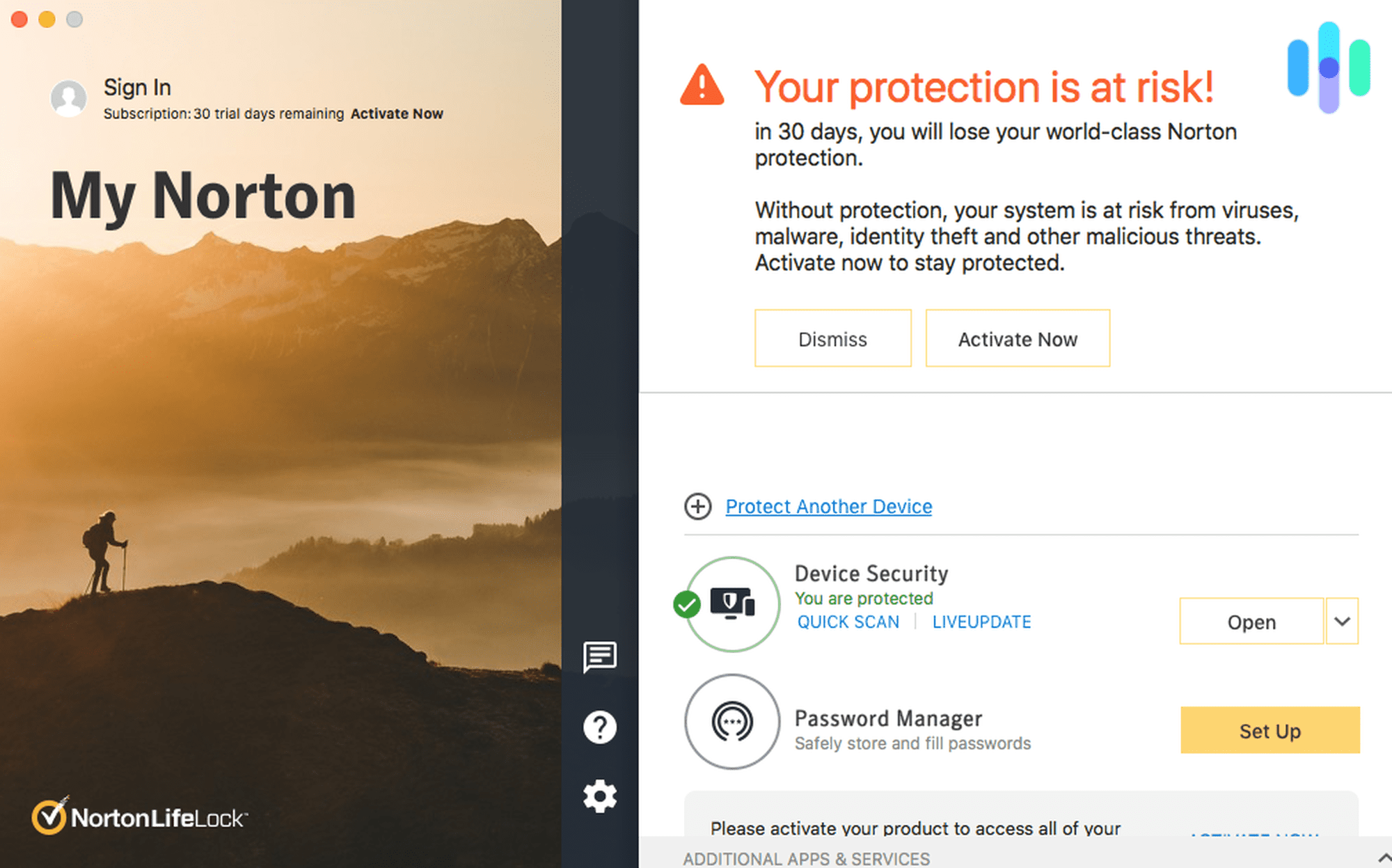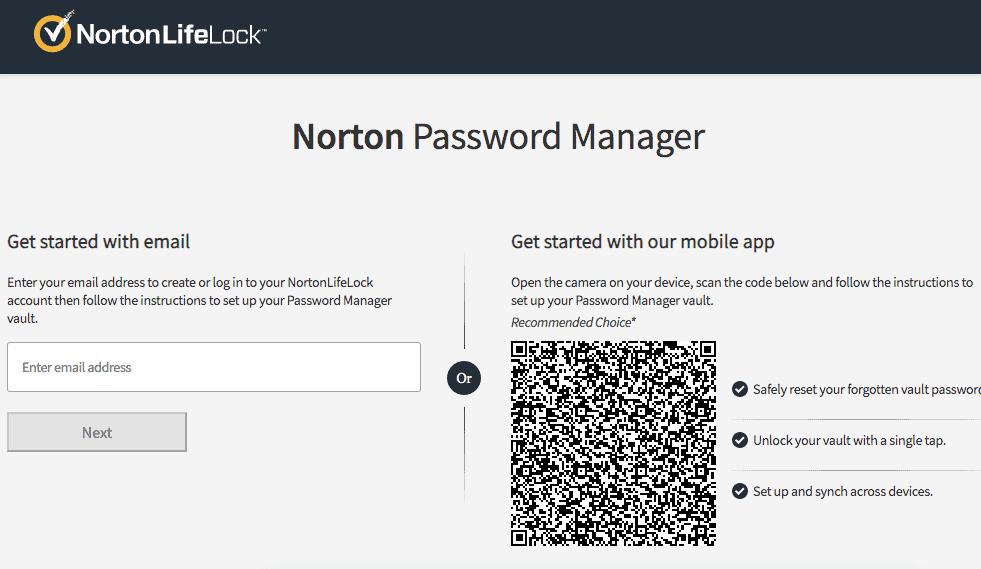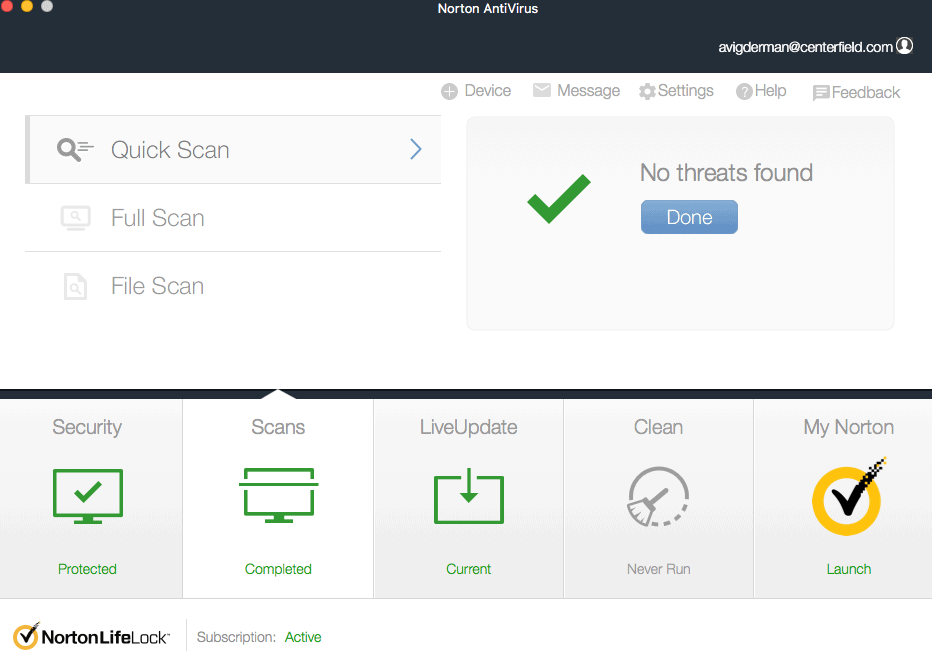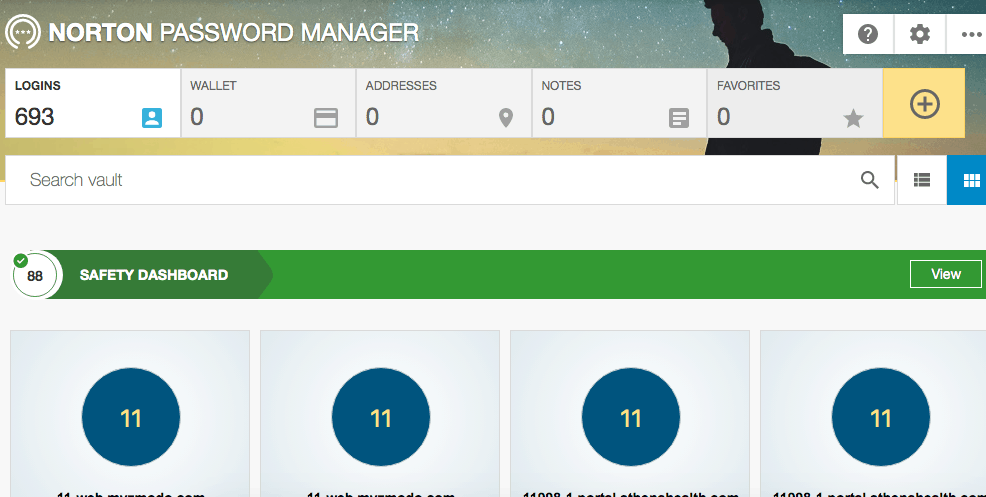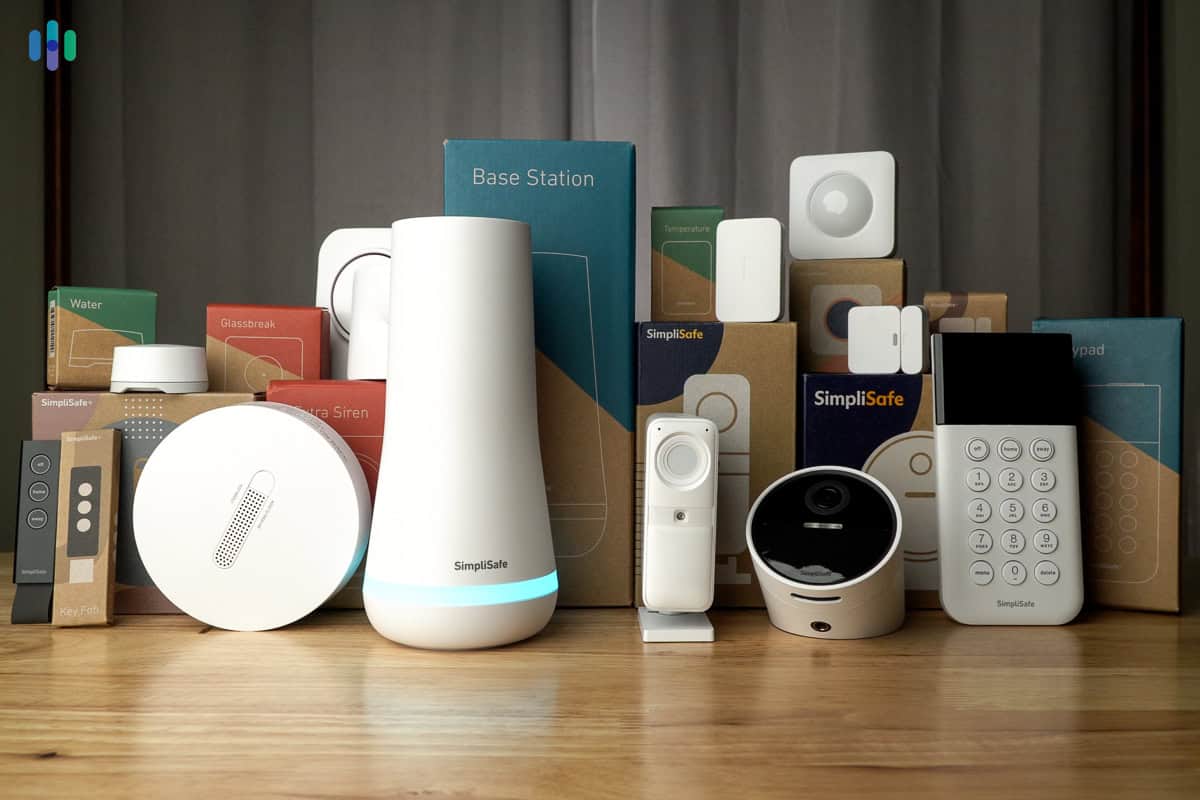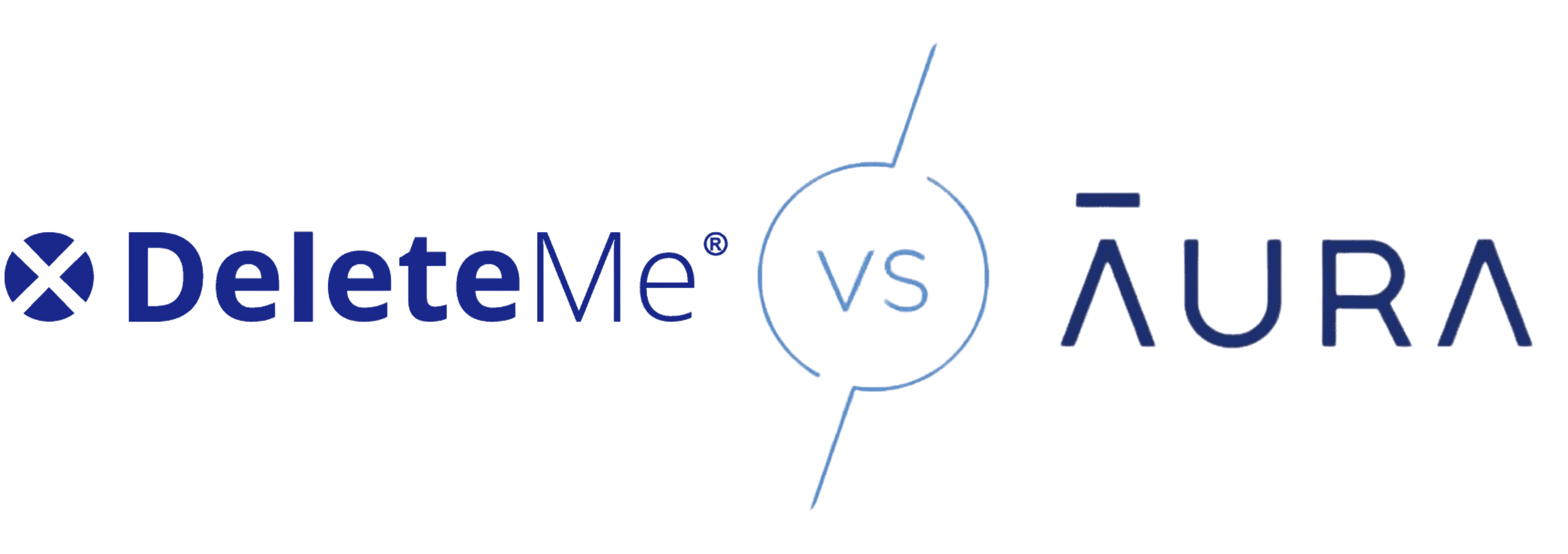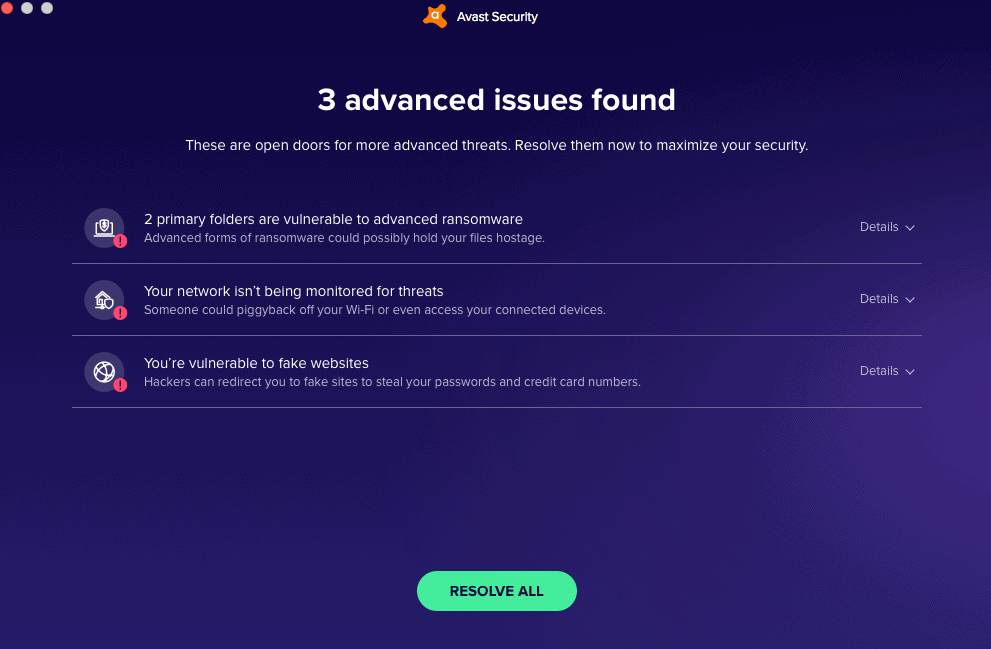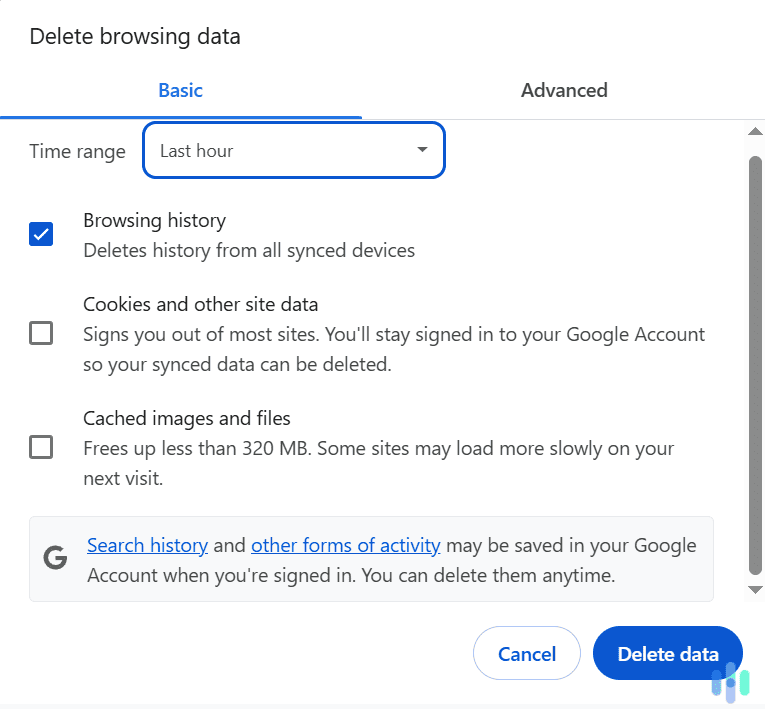Norton Antivirus Review
What We Like
- 100 percent malware detection: Norton absolutely killed it when it came to detecting the types of Android malware that are most prevalent today.
- Strong virus protection: Norton also performed well when it came to detecting the majority of viruses on Windows and Mac.
- Great iOS and Android apps: While their macOS app left something to be desired, 4.7 out of five stars is pretty much perfect.
What We Don't Like
- History of lawsuits and vulnerabilities: From using scare tactics to literally just overcharging customers, Norton’s history is less than ideal.
- Clunky desktop experience: While it wasn’t the worst user experience we’ve ever had testing out a desktop antivirus app, the constantly changing combination of apps, extensions and windows grew tiresome pretty quickly.
- Prices increase after the first year: Norton’s website isn’t the most straightforward when it comes to their prices after the first year.
Bottom Line
Our 9.5 rating of Norton says it all. Norton provides great all-around protection from multiple cybersecurity threats, whether those threats are found within your device or on the internet. It's on the more expensive side of the spectrum, though, but with a premium price comes premium protections.
-
PR Newswire. (2018). Consumers File Class Action Lawsuit Against Symantec for Defective AntiVirus Software.
prnewswire.com/news-releases/consumers-file-class-action-lawsuit-against-symantec-for-defective-antivirus-software-300746568.html -
Bernstein Litowitz Berger & Grossmann LLP. (2020). Felix v. Symantec Corporation et al.
blbglaw.com/cases/symantec-corporation -
NBC News. (2012). Lawsuit: Symantec bullies users into buying anti-virus software.
nbcnews.com/id/wbna45977121#.X5HZ4kJKjVo -
Law 360. (2013). Symantec Inks $11M Deal Ending Claims It Used Scare Tactics.
law360.com/articles/424823/symantec-inks-11m-deal-ending-claims-it-used-scare-tactics -
Law 360. (2013). Symantec Will Pay $10M To End Software Double-Billing Suit.
law360.com/articles/430254



